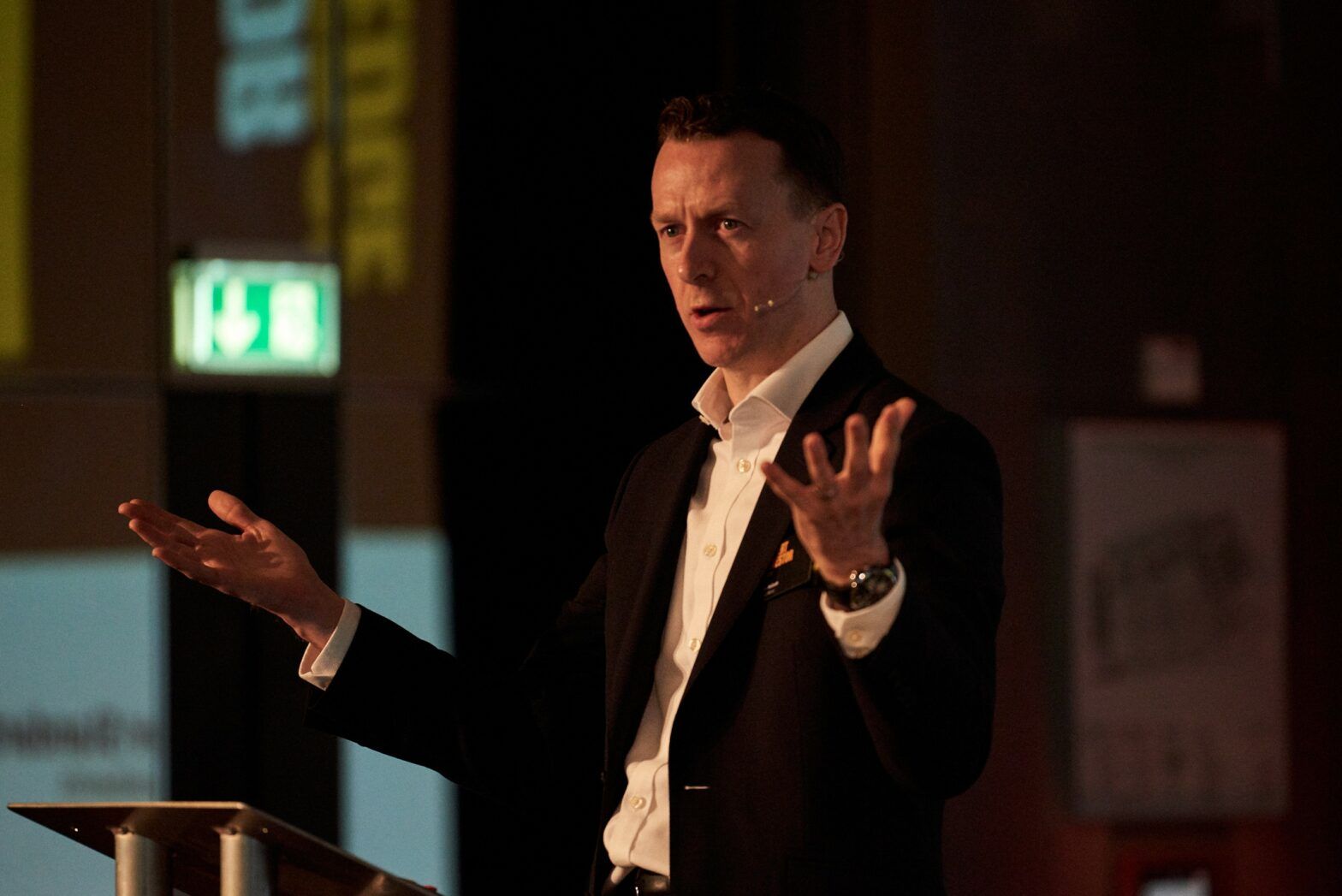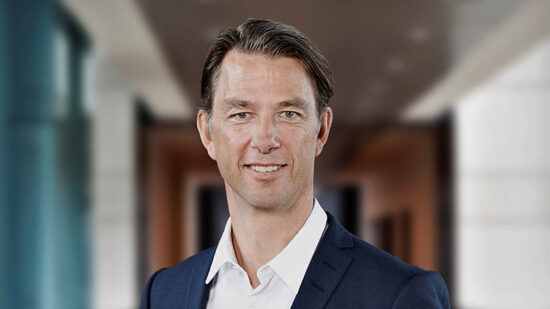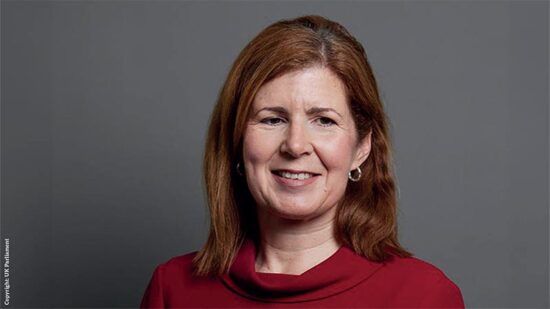Investors are increasingly keen that their money is generating returns in a sustainable way.
This societal shift, which has accelerated since the global financial crisis, means fund groups are now expected to “show their work” when it comes to environmental, social and governance-based investing.
In the wholesale market, fund selectors have an enormously important role to play, with responsibility for evaluating and scrutinising what’s on offer and interpreting the puzzling number of approaches.
There is no doubt about it, some fund management groups have invested considerably in enhancing analytics, and in specialist training, to ensure they can analyse investee companies and issuers in the right way.
This is hugely important, given there are now more available data upon which to analyse companies than ever before.
See also: Greenwashing ‘rife’ according to industry poll – 66% of those surveyed highlighted a lack of ESG understanding at fund groups
But, as with any exciting development, there will always be a group looking to exploit genuine innovation for their own financial gain.
There are organisations who are keen to use ambiguous language to sell products. I recently conducted a press interview with a “head of impact investing” at a major European banking institution. I was surprised to hear his interpretation of Impact Investing, which was interpreted as an umbrella term to sell their suite of sustainable, ethical and RI products.
When I questioned his interpretation that “all ESG is impact investing”, he told me that “every investment has an impact” and accused me of having a “narrow view” of impact investing, which he said, “wasn’t helpful for the industry.”
What I took from this is that there remain some in the industry who are simply attempting to attract inflows by styling old techniques.
This is, perhaps, one of the contributory factors to the findings of an International Monetary Fund report, released in October, that concluded that there was “no consistent evidence” that dedicated sustainable investment funds regularly outperform their peers.
The IMF report also warned that a lack of a standardised ESG lexicon or consistent methodologies could be harming trust in sustainable investing across the board.
Thankfully, we are starting to see efforts to address these concerns in the market. We have seen initiatives from the Investment Association, the PRI and, of course from the European Union’s own Technical Group on Sustainability.
We can only hope that fund selectors continue to press fund groups for the really difficult answers, in the hope that investors will continue to develop a clearer view of what ESG investing is, to support good investment outcomes in a rapidly changing world.
Joe McGrath, editor of ESG Clarity, was speaking at the Expert Investor ESG Congress








